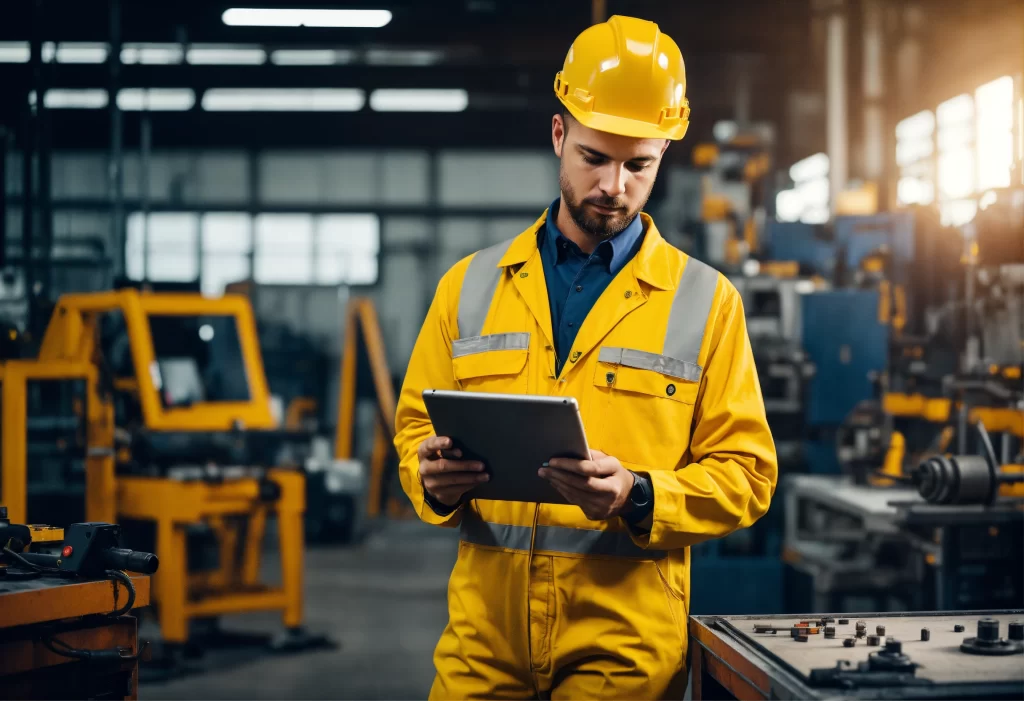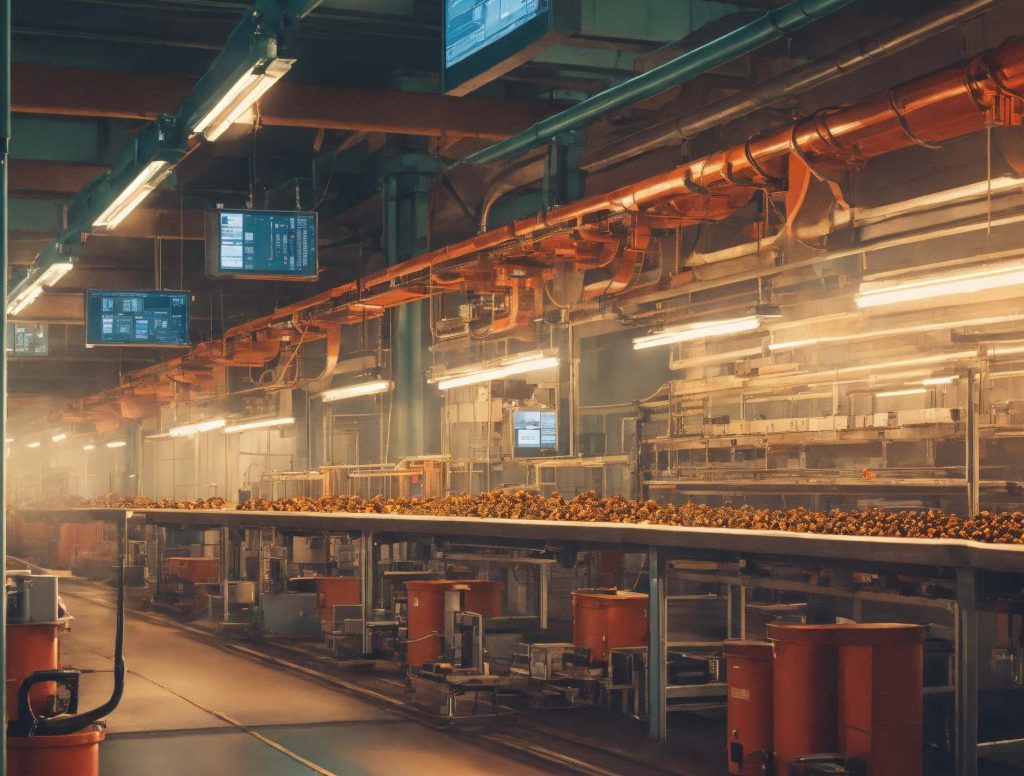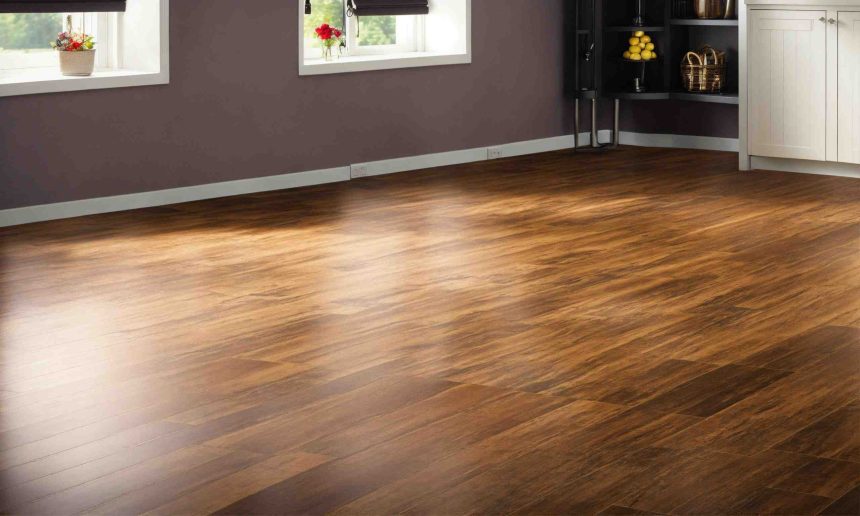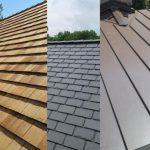In busy factories and workplaces, I often focus on the big machines and processes, but I shouldn’t overlook the floors I walk on. The right type of flooring can make a big difference. That’s where smart flooring comes in – these modern floor solutions are making industrial spaces safer, more efficient, and more durable.
Increasing Efficiency with Better Floors
The proper flooring can boost how efficiently your Workplace productivity. Slip-resistant floors prevent accidents, and floors made to withstand heavy machinery and constant foot traffic don’t wear down as quickly. This means less downtime for repairs and maintenance, allowing you to stay productive.

Safety and Comfort: A Dual Focus
Worker safety and comfort are very important in industrial settings. Modern flooring options are designed to prevent slips and falls, but also to reduce fatigue for people who are on their feet all day. Floors with some cushioning can help keep your team healthy and happy.
Different Floors for Different Needs
There are many innovative flooring choices for different industrial environments. Static-free floors for electronics plants, antimicrobial surfaces for food processing, impact-absorbing floors for warehouses, and more. Each type is customized for that workplace’s specific needs.
The Smart Investment in Smart Floors
Smart flooring may seem expensive upfront, but the long-term savings make it a wise investment. Reduced maintenance costs, fewer worker injuries, and even insurance discounts can add up over time. The numbers make a strong case.

Smooth Transitions: Implementing and Maintaining Smart Flooring
Getting smart floors installed and keeping them in top shape requires some expertise. But with proper preparation and a maintenance plan, you can switch to smart floors without disrupting operations too much. Work closely with flooring experts for a smooth transition.
The Future of Industrial Flooring
The coolest part is that industrial flooring is only getting smarter. Self-healing floors, sensor-tracked tiles, and sustainable materials are on the horizon. It’s an exciting time for industrial workplaces looking to stay ahead.
Conclusion
Smart flooring isn’t just about looks – it’s a strategic way to improve efficiency, safety, and sustainability in your industrial operations. With the right a and some expert guidance, you can turn your workspace into a true productivity powerhouse. Don’t underestimate the potential under your feet.
FAQs
Q: What types of intelligent flooring are best for different industries?
A: Different industrial spaces have different needs so that the right bright flooring can vary. For example, floors with anti-static properties are great for electronics manufacturing, while antimicrobial surfaces work well in food processing plants. The key is choosing flooring that’s tailored to your specific industry and operational requirements.
Q: How much does bright flooring actually save in the long run?
A: Investing in intelligent flooring can really pay off over time. You’ll see savings from reduced maintenance and repairs, fewer worker injuries, and even potential insurance discounts. When you add it all up, the return on investment can be significant compared to traditional flooring options.
Q: Do I need to completely redo my floors to get the benefits of intelligent flooring?
A: The good news is that, in many cases, you can retrofit bright flooring into an existing industrial space without a complete redo. The installation process may vary depending on the specific product, but working closely with flooring experts can ensure a smooth transition.
Q: How do I keep bright flooring in top shape?
A: Proper maintenance is critical to getting the most out of your intelligent flooring investment. Regular cleaning, addressing any damage promptly, and following the manufacturer’s recommendations will help maximize the lifespan of your new floors. Your flooring provider can give you all the tips and guidance you need.
Q: What certifications should I look for when evaluating innovative flooring options?
A: Certain certifications and standards can give you peace of mind about quality and performance when it comes to industrial flooring. Things like slip resistance ratings, sustainability credentials, and compliance with building codes are all good things to look out for. Doing your research upfront will help you make the best choice.





Hmm it appears like your blog ate my first comment (it was
super long) so I guess I’ll just sum it up what I wrote and say,
I’m thoroughly enjoying your blog. I too am an aspiring blog writer
but I’m still new to the whole thing. Do you have any points for inexperienced blog writers?
I’d certainly appreciate it.
Greetings! Very useful advice in this particular article!
It’s the little changes that will make the most
important changes. Thanks for sharing!
Write more, thats all I have to say. Literally, it seems as though you relied
on the video to make your point. You obviously know what
youre talking about, why throw away your intelligence on just posting
videos to your blog when you could be giving us something
enlightening to read?